This place is full of Spanish, African and US history. I wish I could explain it all, tell the whole story, but since most of the information I'm getting is from the internet, I'll just hit the highlights that everyone seems to agree.
Anna Kingsley was born Anta Majigeen Jai in 1793 in West Africa. She was captured in 1806 when she was about 13 years old. Anta is sometimes called an African Princess because she may have been the daughter of a ruling king.
Zephaniah Kingsley was a plantation owner, a slave trader and a merchant. He originally purchased Anta in Havana, Cuba in 1806. He married her almost immediately in Cuba and settled in the Spanish colony in Florida (the Jacksonville area) with his wife Anna Majigeen Jai Kingsley. (Anta became Anna)
The United States was moving away from slave trading and since this was Kingsley's main source of income he chose to settle in the Spanish colony where slavery was still encouraged as a way to populate the colony. In 1811 Anna was given emancipation and with this, the three children she had had with Kingsley would also be free. In 1824, Anna had their fourth child.
A kitchen house was built and above it was where Anna lived. In the tradition of her native land, wives lived separately from their husbands, especially if he had other wives...which Zephaniah did. He had three other wives, all slaves at one time. In his will, however, he only listed Anna as his wife.
The Kingsley's only lived on the property until 1839 because the Spanish ceded the Florida territory to the US. Kingsley was trying to make sure that his family could inherit his property and when it looked like the US laws were not going to be kind to his mixed race family he loaded up and moved to Haiti. The place where they moved is now a part of the Dominican Republic.
Currently a restoration is going on and the main house, which I have labeled as Kingsley's house, is not open to the public.
Since the Kingsleys, the plantation has gone through several incarnations: a social club, a tourist attraction, a state park, and finally, a National Historic Site. It boasts the oldest surviving plantation in the state, as well as one of the most complete slave cabin complexes in the nation. source
According to one of the information plaques on the plantation, Anna experienced all levels of plantation life - slave and free, slave-owner and land-owner, planter's wife and plantation manager.
In 1843, Zephaniah Kingsley (78) died on his way to New York from Haiti. He left most of his land to wife and children. (His lesser wives were not in the will, but the children were.) His white relatives in the United States contested the will, but in 1846 Anna came to Duval County Court (Jacksonville) and won. This was an extraordinary decision given the current social and political views about freed slaves and mixed race people.
At some point Anna came back to the United States. She died in 1870 at the age of 77 and was buried in Jacksonville in an unmarked grave.
I gleaned all of this information from a several sources - 1, 2, 3, 4, 5 plus the placards on the grounds of the Kingsley Plantation.

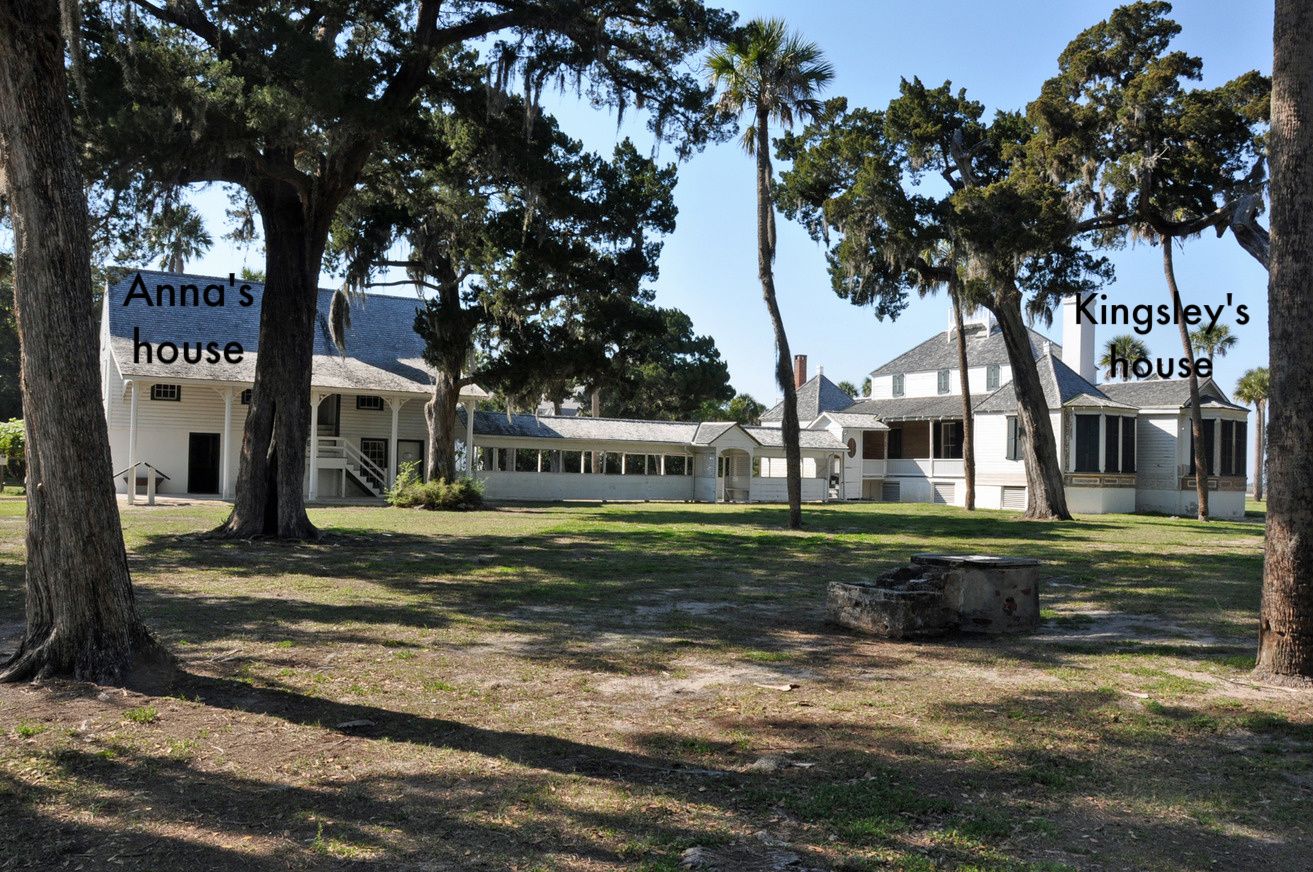
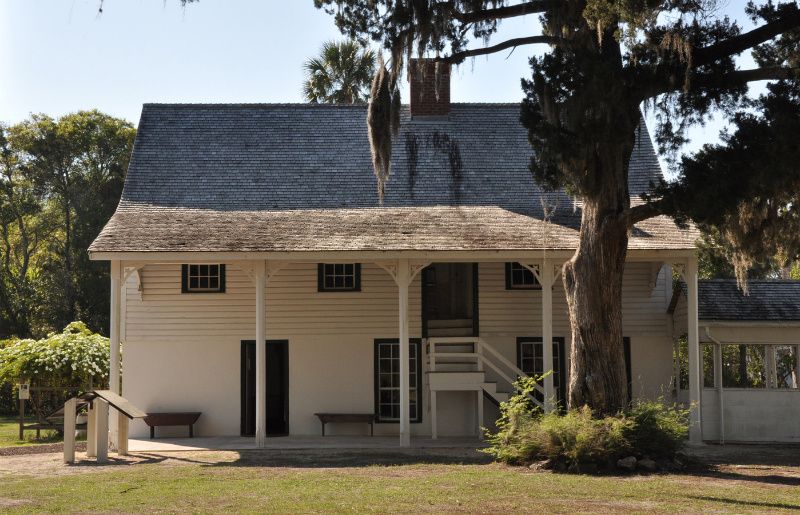
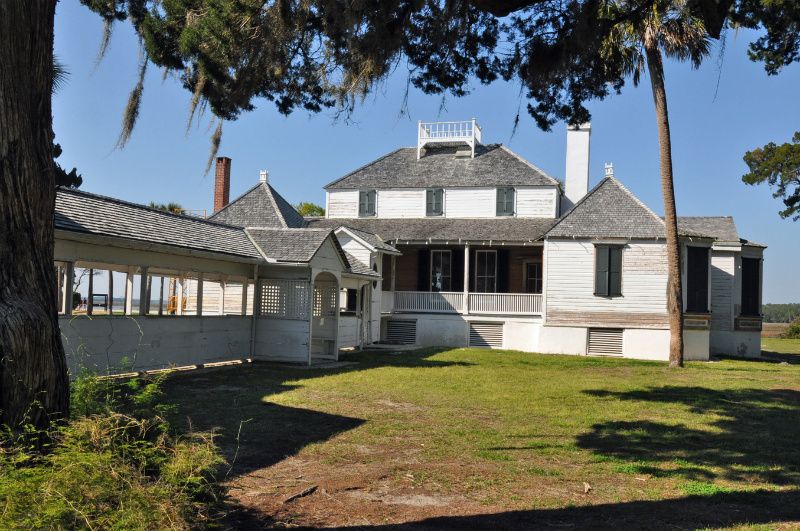
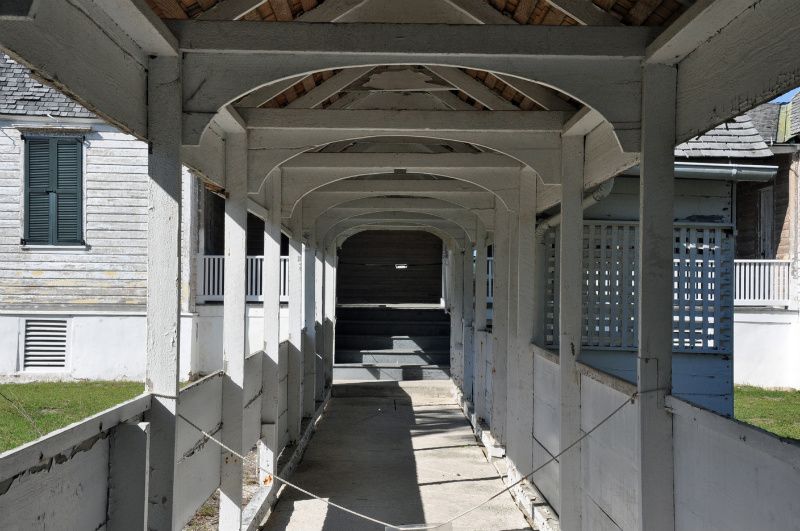
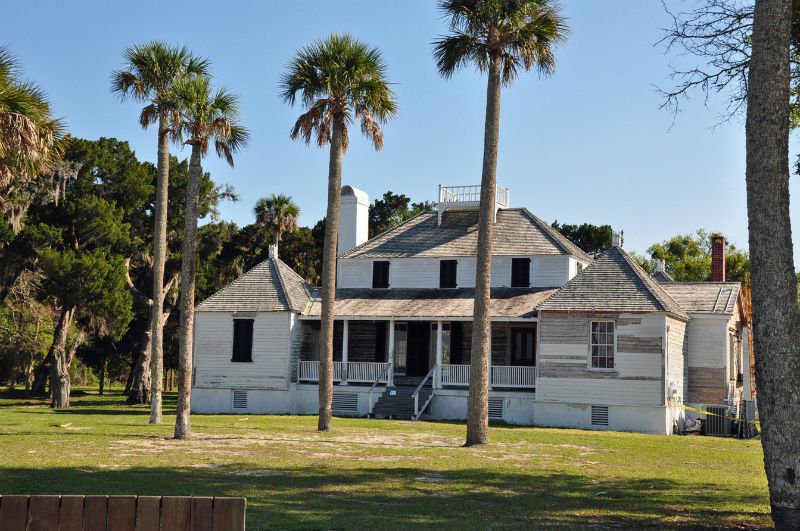
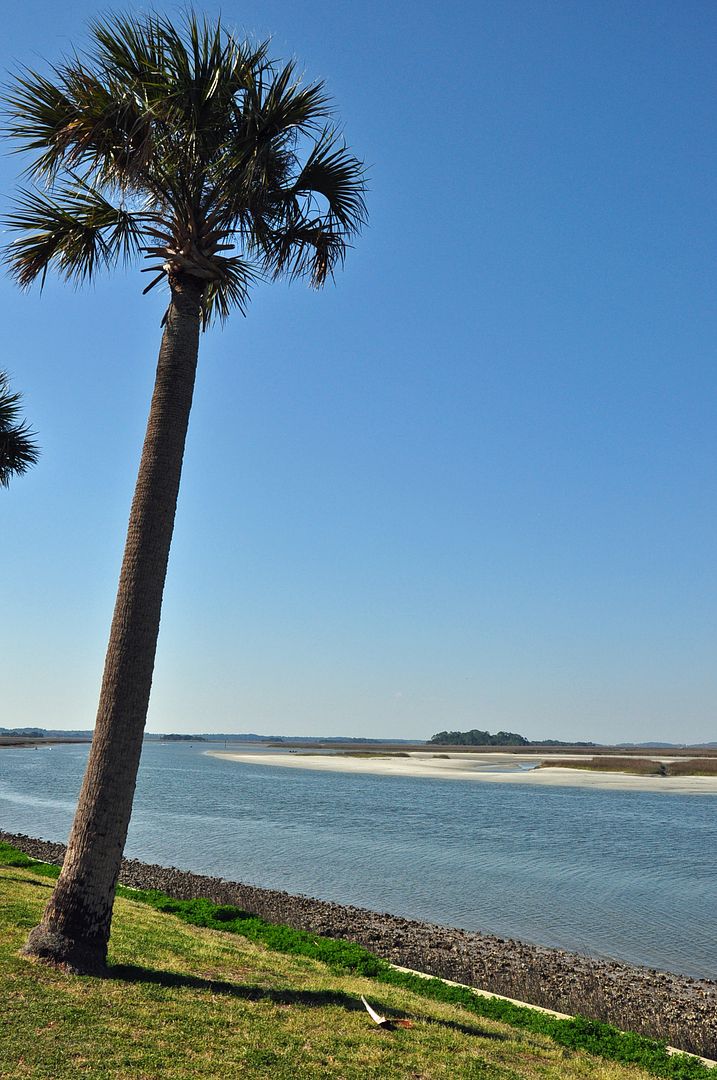

7 comments:
better start a new list of places to visit the next time I'm in JAX...make sure the Cumner Museum is on it too!
I'll say that's an amazing story given the time frame in which it happened! The plantation is a very interesting place and the history is kind of bizarre. It's nice that we still have access to that past. Thanks.
Very nice historical tour of the plantation. I too love doing this stuff. There's so much to learn.
Gorgeous!
Thank you, that was so interesting.
Hard to believe that she would have won in court back then. She must have been an amazing woman.
Fascinating story! So glad Anta was cherished, so many were not in those days.
some good history here - thanks
Post a Comment